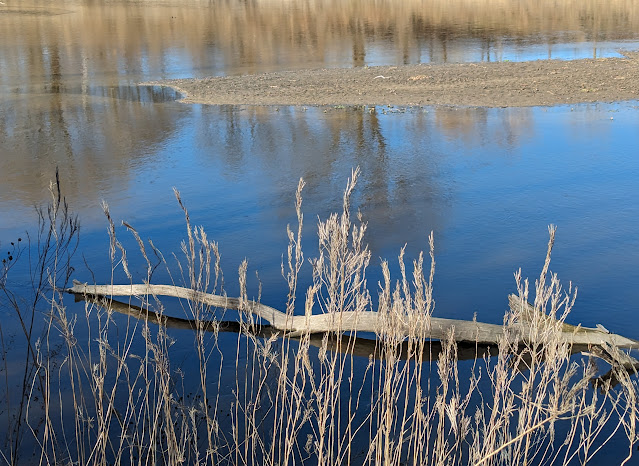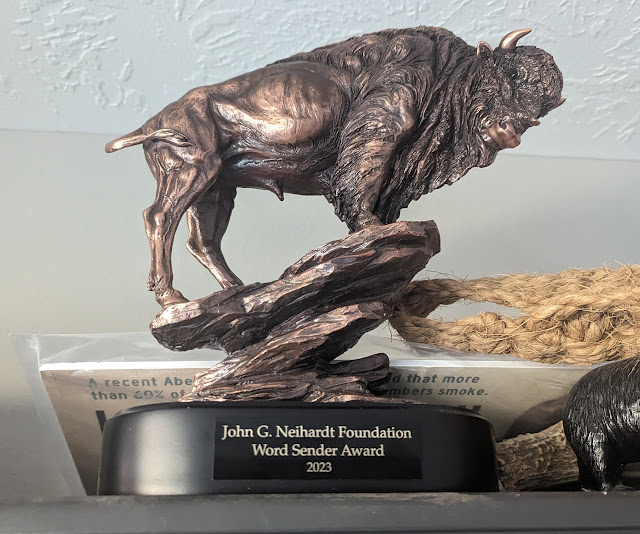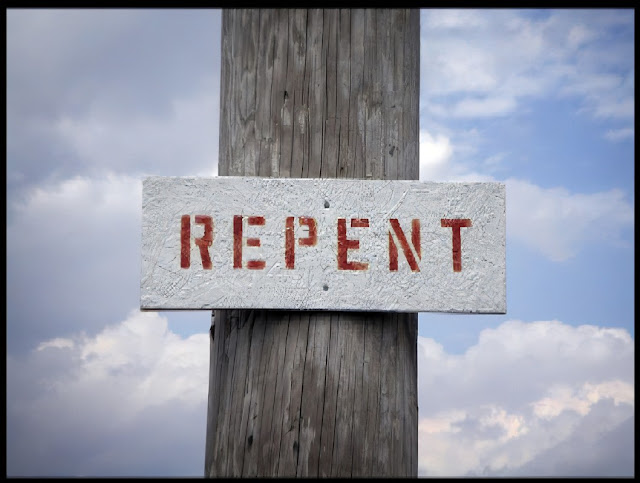Wonderful things were spoken. All kinds of people gave Rosalynn Carter unending homage for her zeal in caring for "the least of these." Mom would have noted that was something we're all called to do.
Today, Mom would appreciated President Carter's startling move of including Rosalynn in cabinet meetings. Mrs. Carter insisted on it, but then so did he. Jimmy, the President, always claimed that any successes he'd ever achieved came his way because of his able and attentive spouse, who was more than happy--insistent even--on offering her opinion on matters of politics and state.
Mom appreciated the way Rosalynn and Jimmy filled their pockets with nails, picked up a hammer and saw, and helped out on Habitat homes, a former President and his first lady sweating in the noonday sun--imagine that! And she would have appreciated the little stories people told yesterday, like her son's story of how his mother had pulled out a Tupperware tub right there on the plane and started making sandwiches. The people on board "couldn't believe it," her son told the mourners. "But she loved people."
I think Mom might have been surprised to realize, as some claimed, that Rosalynn Carter, throughout her life, had a special regard for the down-and-out, those disadvantaged by life itself, and for her unending work on the part of care-givers. Mrs. Carter was a global humanitarian who worked for nothing less than peace, even in the Middle East.
Mom might have even shed a tear when she heard Rosalynn's longtime aide and friend describe her thusly: "Wife, mother, business manager, political strategist, diplomat, advocate, author. Yet what I remember most about her was her tireless dedication to taking care of others."
Yesterday, November 28, was Mom's birthday. She's been gone for just about exactly a decade. One November Friday of 2013, an oncologist told her she had inoperable cancer. On Monday next, she died, her quiet leave-taking a very special gift.
I thought of Mom during Rosalynn's tribute service in Atlanta yesterday, remembered it was her birthday, and couldn't help imagining what she would have thought of the whole event. She walked into my memory when that packed Atlanta audience rose to sing "Blessed Assurance! Jesus is Mine." If I know my mother, I can't imagine she wouldn't have shed a tear just then--'oh, what a foretaste of glory divine." My parents' headstone is engraved with the opening line of that fine old hymn.
Right then, I'm sure my mother's knees would have buckled, her breath would have staggered, and her lip would have curled. She would have had to reach for a hanky from that little TV table that, by the end, held just about all she needed to get along. "Blessed Assurance" would have brought Mom to Mrs. Carter's Atlanta celebration, despite the dark reality she could not forget: Rosalynn Carter was a Democrat.
Just exactly how someone like my mother--so much more like Rosalynn Carter than Melanie Trump--could end her life as a torch-bearer for the Orange Jesus is a question I'd love to hear her answer today, a decade later, in realms of glory.
Should Mom be somewhere today where a massive big-screen TV stretches across a heavenly sky, and should she have watched Mrs. Carter's Atlanta tribute, I'd like to think she would have loved every minute of it, every last thing.
Who knows? Maybe the two of them would have watched it together. Why not? In the new heavens and the new earth, lions and lambs snuggle. "This is my story/this is my song. . ."
You know the words.























